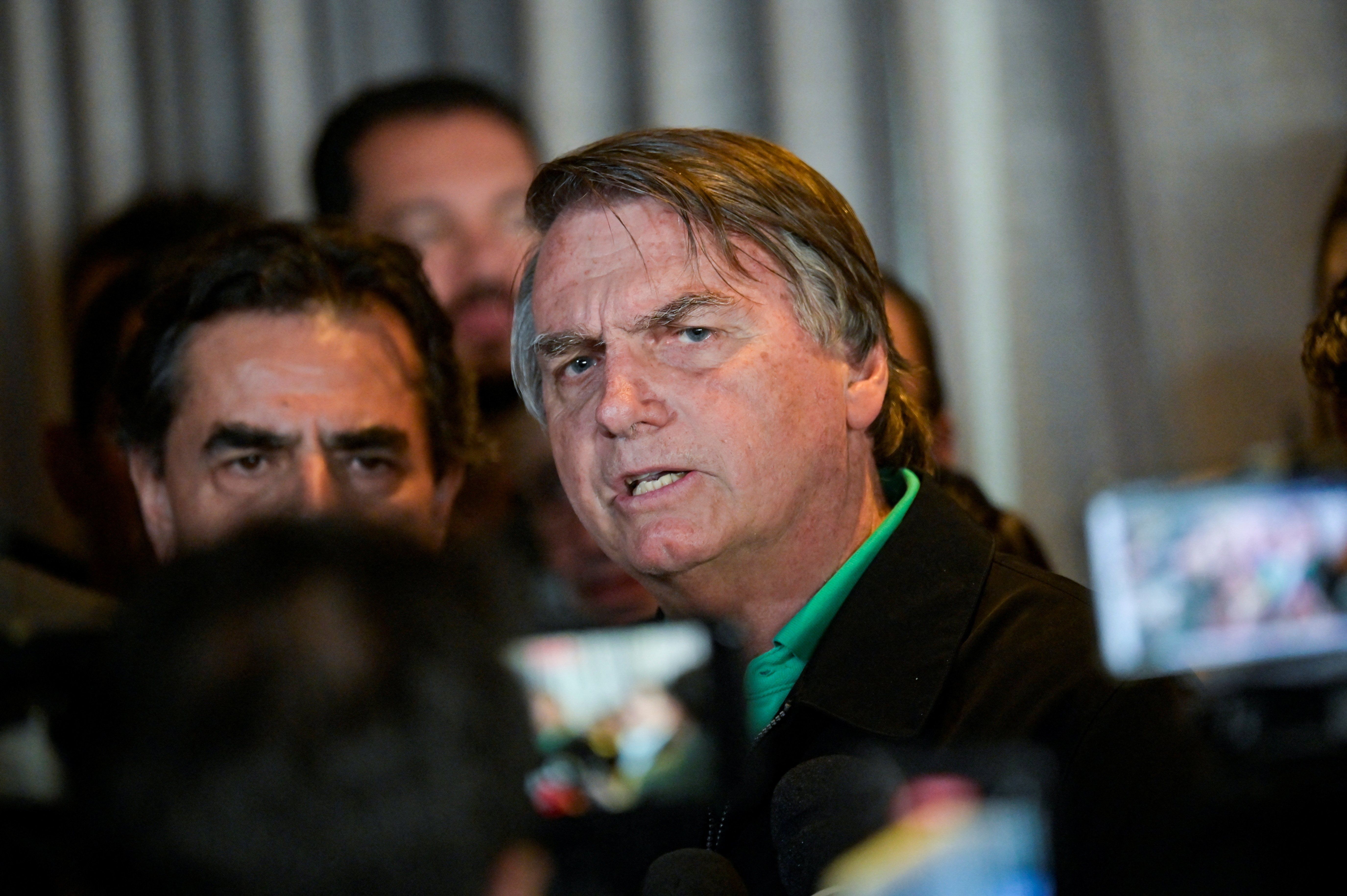June 30, 2023
Brazil’s electoral court has forbidden former President Jair Bolsonaro from running for public office until 2030. The decision takes a top contender out of the 2026 presidential race after finding Bolsonaro guilty of violating election laws and undermining trust in the country’s electoral system.
Wait, what happened again? Bolsonaro, a far-right populist, rose to power in 2018 by harnessing a conservative “beef, bible, and bullets” voting base. In 2022, he narrowly lost to his left-wing rival, “Lula” da Silva, but not before he had spread baseless claims about problems with Brazil’s voting systems. After he lost, these claims spurred his supporters to storm government offices, hoping to induce a military takeover that would restore Bolsonaro to power.
What does this mean? Depends on whose side you're on. While Lula and the political establishment see the ruling as just punishment for Bolsonaro nearly inciting a coup, Bolsonaro’s followers will perceive it as further evidence that Brazil’s institutions are hopelessly rigged against them. Protests are possible in the coming days.
Making kings from the sidelines. Bolsonaro, who lost to Lula by less than two points, remains the country’s most prominent opposition figure, and his party and its allies have a commanding presence in Brazil’s fractious congress.
While he is likely to appeal the ruling, he has announced that he “won’t push it,” knowing that even if he’s stuck on the bench, he’ll still be able to play a kingmaker role in the upcoming local and presidential elections.
This isn’t Bolsonaro’s only legal headache. He is facing another 15 charges in the electoral court and several criminal investigations related to alleged incitement of his supporters’ riots after the election. Those charges all carry a penalty of disqualification from holding public office as well.
From Your Site Articles
More For You
Most Popular
Sponsored posts
Small businesses at a crossroads
Walmart sponsored posts
Walmart’s $1 billion investment is strengthening associate careers
Ukraine's President Volodymyr Zelenskiy, Finland's President Alexander Stubb, Estonia’s Prime Minister, President of the European Commission Ursula von der Leyen and other European leaders visit memorial to fallen Ukrainian defenders at the Independent Square on the fourth anniversary of Russia's full-scale invasion, in Kyiv, Ukraine February 24, 2026.
Ukrainian Presidential Press Service/Handout via REUTERS
Somewhere in the Donbas region, Ukrainian soldier Artem Bondarenko says he hasn’t slept through the night in months as he defends Eastern Ukraine.
- YouTube
In the latest episode of Vladimir Putin and Xi Jinping's hit wellness podcast This Authoritarian Life, we learn how positive communication patterns can break negative cycles in our relationships -- especially our relationships with Iran, Syria, Venezuela, and Cuba. #PUPPETREGIME
People inspect the damage at the site of an Israeli strike on Friday, in Bednayel, Bekaa valley, Lebanon, February 21, 2026.
REUTERS/Mohamed Azakir
Israel indirectly warned Lebanon that it would strike its northern neighbor hard if the Iran-backed militia group Hezbollah gets involved in any future US-Iran conflict, two Lebanese officials told Reuters.
© 2025 GZERO Media. All Rights Reserved | A Eurasia Group media company.
